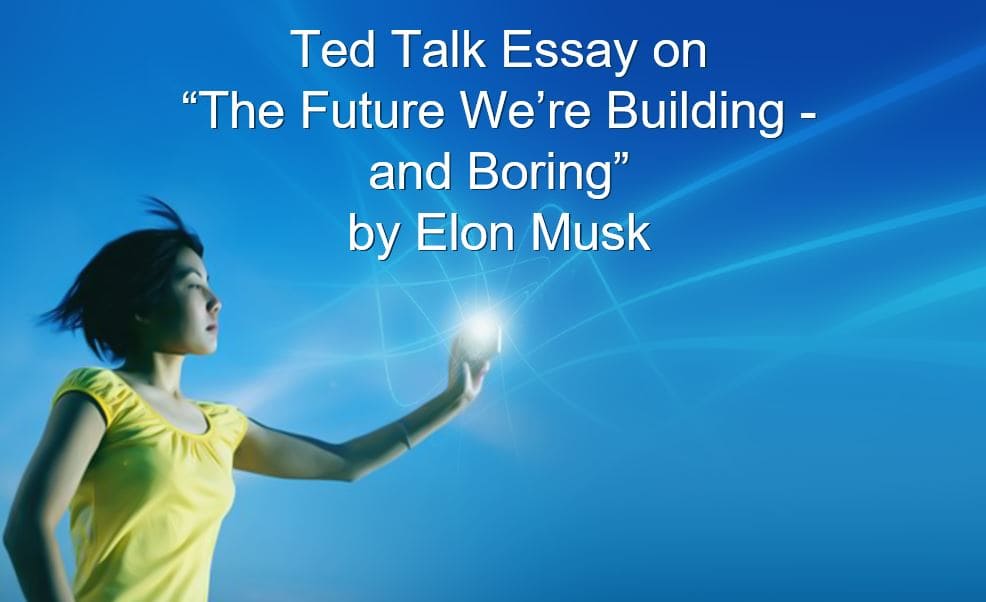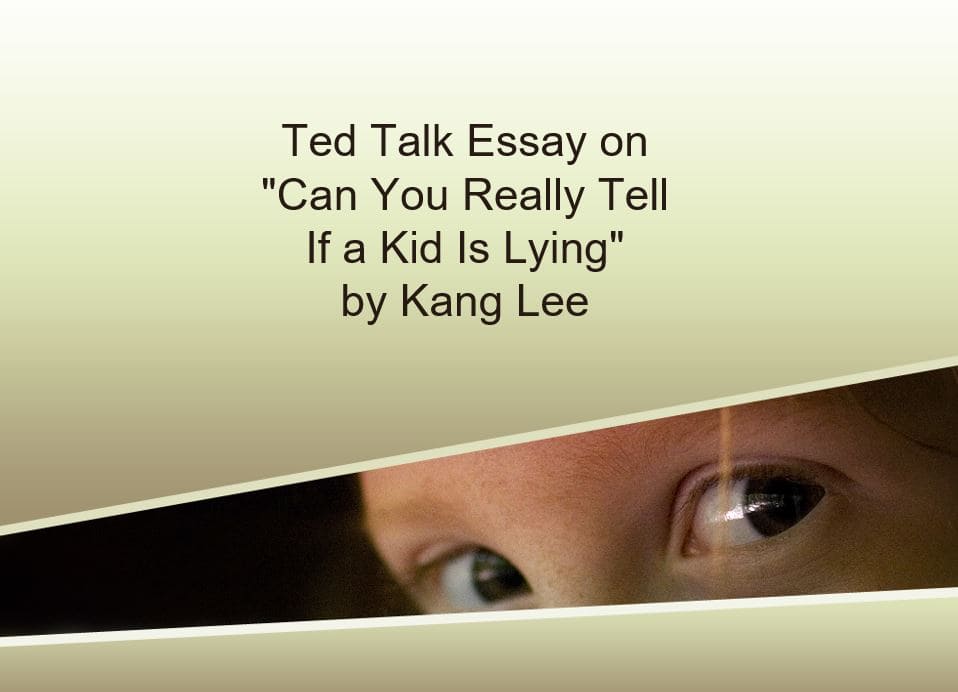Determining how the human brain generates consciousness is undoubtedly the most thought-provoking scientific topic today. In this Ted Talk essay on “Your Brain Hallucinates Your Conscious Reality” by Anil Seth, the speaker makes the bold claim that humans are all in perpetual hallucination, creating reality. Knowledge of the formulation of consciousness is crucial towards comprehending critical aspects of human existence. The brain uses personal experiences to make predictions essential to understanding conscious reality at an individual level, and the information can be applied in the comprehension of the human condition to advance the current knowledge base on the human condition.
The Main Theme
The video’s main point is to argue that conscious reality is primarily a manifestation of the brain’s perceptual predictions rather than actual objective existence. In this case, Seth uses the example of how anesthesia renders people virtually non-existent since they become objects (00:00:54 – 00:00:59). This example suggests that what people perceive is based on the brain trying to make sense of the world through repeated hallucinations acquired from personal experiences. These personal experiences are vital to the perception of reality.

Personal Experiences
The video explains how people’s personal experiences are used to build hallucinations that generate their conscious reality. The brain is well adjusted to hallucinating, while the mind formulates an experience that it concludes to be objective reality (Barrett 125). Personal experiences direct how the brain makes predictions and what it believes to be reality. Moreover, this video explains why, for example, during an adrenaline rush, people tend to get paranoid and perceive imaginary threats. In turn, personal experiences are dictated by the predications that an individual’s brain is processing, which is essential to understanding conscious reality.
Importance
The idea that conscious reality is subjectively generated based on personal experiences is essential to understand how people experience reality individually. For instance, variations in brain activity cause changes in the conditions of consciousness, such as when brain activity slows during deep sleep (Kulbatski par. 9). This statement highlights the aspect that reality is subjective and open to manipulation as with realistic dreams. When dreaming, the brain creates phantasms during sleep that the mind and body interpret as objective reality.
Applying the Information
Conscious experiences determine how people perceive themselves in the world, which can be applied in a more profound understanding of the human condition. The processes involved in conscious experience allow people to more profoundly comprehend human nature and the tribulations that they encounter as individuals and a civilization (LeDoux 6976). Therefore, the video’s information can advance the understanding of the human condition in its many intricate nuances. Therefore, having a more profound understanding of our conscious experiences can advance the comprehension of humanity.
Surprising Fact
The one surprising thing is that the speaker presents the example of two patches to be differently colored but illustrated to be the same. In this case, the human brain uses its prior expectations to compare different objects, making colors look different, even if they are not (Seth 00:05:51 – 00:06:04). This fascinating information further explains the brain’s ability to create hallucinations that determine human reality. Notably, perception creates a conscious reality, with every individual getting subjectively unique discernments.
Summing Up
In conclusion, understanding how the brain generates human reality is essential and related to personal experiences. The information helps advance our knowledge of the essence of humanity. I have learned that consciousness is an individual’s construct, with personal experiences building the generated reality. This new understanding of the conscious experience inclines me to agree with Dr. Seth’s argument, and it can be applied widely in furthering the current knowledge base on the human condition.
Works Cited
Barrett, Lisa F. Seven and a Half Lessons About the Brain. New York, Mariner Books, 2020.
Kulbatski, Iris. “What Psychedelic Mushrooms Are Teaching Us About Human Consciousness.” Discover Magazine, 2020, www.discovermagazine.com/mind/what-psychedelic-mushrooms-are-teaching-us-about-human-consciousness.
LeDoux, Joseph E., et al. “A Little History Goes a Long Way Toward Understanding Why We Study Consciousness the Way We Do Today.” Proceedings of the National Academy of Sciences, vol. 117, no. 13, 2020, pp. 6976–6984, doi:10.1073/pnas.1921623117.
Seth, Anil. “Your Brain Hallucinates Your Conscious Reality.” TEDxTalks, April 2017, www.ted.com/talks/anil_seth_your_brain_hallucinates_your_conscious_reality


